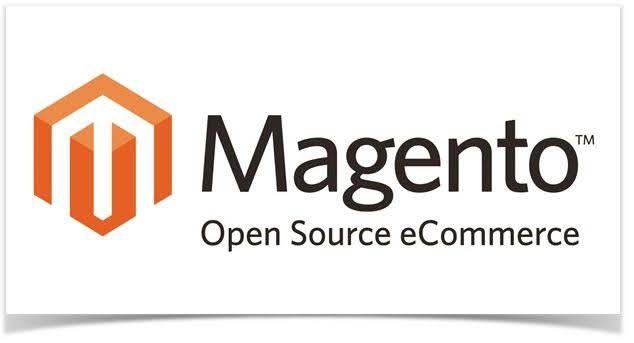Cyber threats are a real danger for online stores. Hackers steal customer data, and failures from attacks destroy trust. In the US and European markets, customers expect reliability, and any mistake can be costly. Find out how Magento development agency helps create secure eCommerce solutions. This article will tell you how the Magento platform protects stores and what steps can help you avoid risks.
What Threats Are There For Online Stores?
Online stores in the US and Europe face cyber attacks every day. From data theft to disruptions, threats can ruin a business. Understanding the risks helps you choose the right protection methods. Here are the main dangers for eCommerce:
1. SQL injections. Allow attackers to interfere with the store’s database. Using vulnerabilities in the code, an attacker can gain access to personal information of customers or even change data related to orders.
2. XSS attacks. Allow you to inject malicious code into the pages of your site. These scripts can collect user data, replace page content, or even launch automated actions on behalf of the client.
3. Unprotected payment systems. If the connection between the store and the payment system is not properly protected, this opens the door to an attack through which users’ payment details can be intercepted.
4. Weak passwords. Often, administrators use weak passwords that are easy to crack. This can lead to data leakage, loss of control over the store, and disruption of its operation.
Knowing these issues is the first step to creating robust security for your store.

Magento’s built-in Security Tools
Magento offers powerful solutions for data and transaction security. These features are built into the platform, helping businesses to combat threats. Here is what provides security:
1. PCI DSS standards. Ensures secure payment processing.
2. Encryption. Protects customer data from interception.
3. Two-factor authentication. Blocks unauthorized access.
4. Security patches. Close vulnerabilities in the code.
5. Injection filters. Prevent attacks on databases.
These tools create a strong shield, maintaining customer trust in competitive markets.
Additional Steps To Protect Your Store
Built-in features are the foundation, but additional measures enhance security. This is especially important for stores with large catalogs and high traffic. Here are areas that can be improved to increase protection:
1. Code auditing. Finds weaknesses in custom modules.
2. Activity monitoring. Identifies suspicious activity in real time.
3. Backups. Allows you to restore data after incidents.
These steps minimize risks, ensuring stability and protection of the business.

The Importance Of Regular Security Updates
Cyber threats are constantly evolving, and outdated software becomes an easy target. Regular Magento updates are critical to protection. Here’s why:
1. Vulnerability closure. New patches eliminate discovered weaknesses.
2. Standards compliance. Updates support PCI DSS and GDPR.
3. Optimization. Improves website performance and stability.
For example, a store in Germany avoided an attack thanks to timely updates. Regular updates act as a protective mechanism; without them, the store becomes vulnerable to external threats
Magento combines built-in tools and additional measures to protect online stores. In the US and European markets, where customer trust is the key to success, this is critical. Assess the risks of your store and implement reliable solutions.
